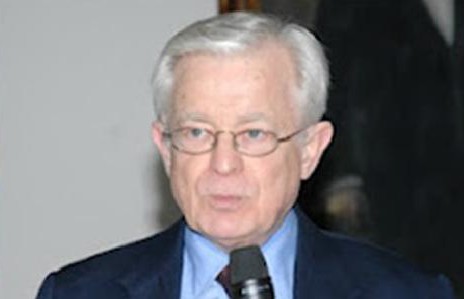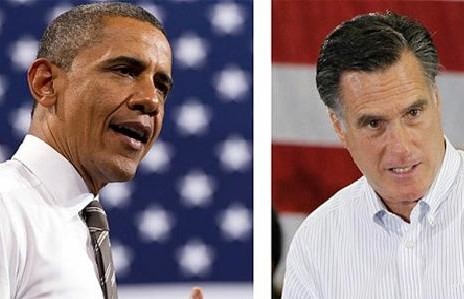
Puryear Speaks on Education Quality at the Virtual Educa Caribe Conference in the Dominican Republic
Conference to discuss the topics of training, innovation, corporate social responsibility, and sustainable development.
This post is also available in: Spanish
Education leaders speaking at the Central American and Dominican Meeting of Business Leaders for Education in Guatemala City affirmed that education is an issue for all sectors of society, and “is too important to be left solely to the government.” Guatemalan President Otto Pérez Molina and Minister of Education Cynthia del Águila, who both spoke at the event, agreed, arguing that successful education systems require the active engagement of a broad spectrum of society, including business leaders.
Organized by PREAL and Guatemalan national partner Empresarios por la Educación on September 27-28, the event attracted some 70 business and education leaders from throughout Central America to discuss business sector engagement in education reform. Through a series of panel discussions and presentations, participants identified shortcomings in Central American education systems and shared lessons learned from a variety of efforts to confront them.
President Pérez Molina and Empresarios por la Educación Vice President Salvador Paiz both highlighted the importance of education to national economies. The president argued that a “direct link” exists between education and international competitiveness. Paiz argued that this link underscores the importance of investing in education, citing Benjamin Franklin’s assertion that “An investment in knowledge always pays the best interest.”
During the second day of meetings, PREAL Co-director Jeffrey Puryear discussed the role of indicators in promoting policy reform, with a particular emphasis on PREAL’s education report cards. He noted three key obstacles that make policy reform difficult: groups with enormous power (teachers unions and ministerial bureaucracies), groups with very little power (poor families and school principals), and groups that are absent from the public education system altogether (middle- and upper-class parents). The result is a power imbalance that harms the interests of students.
Participants from Brazil, the Dominican Republic, El Salvador, Guatemala, Honduras, Mexico, and Nicaragua also presented lessons learned from education initiatives carried out by business foundations, programs based on Corporate Social Responsibility, and other activities that resulted from public-private partnerships in their countries. For example, Elena Viyella, president of Action for Education (EDUCA) in the Dominican Republic and a member of the Inter-American Dialogue’s Board of Directors, highlighted the success of the Coalición Educación Digna, a group of civil society organizations that has united to demand that the national government abide by a law designating 4% of GDP to education. Claudio X. González, president of Mexicanos Primero in Mexico, noted the importance of informing the public of how their schools are doing, such as through the recent documentary released in Mexico, “¡De Panzazo!”
At the conclusion of the conference, the Central American, Dominican, and Mexican business-education groups, along with PREAL, signed a joint statement on their commitment to improving education in the region and calling for “the establishment of partnerships between governments, civil society organizations, and business leaders to promote education quality.”
Additional Documents:
Conference to discuss the topics of training, innovation, corporate social responsibility, and sustainable development.
Education policy — what Romney and Obama agree and disagree on.
Video of PREAL co-director at III Forum on Education Quality.
